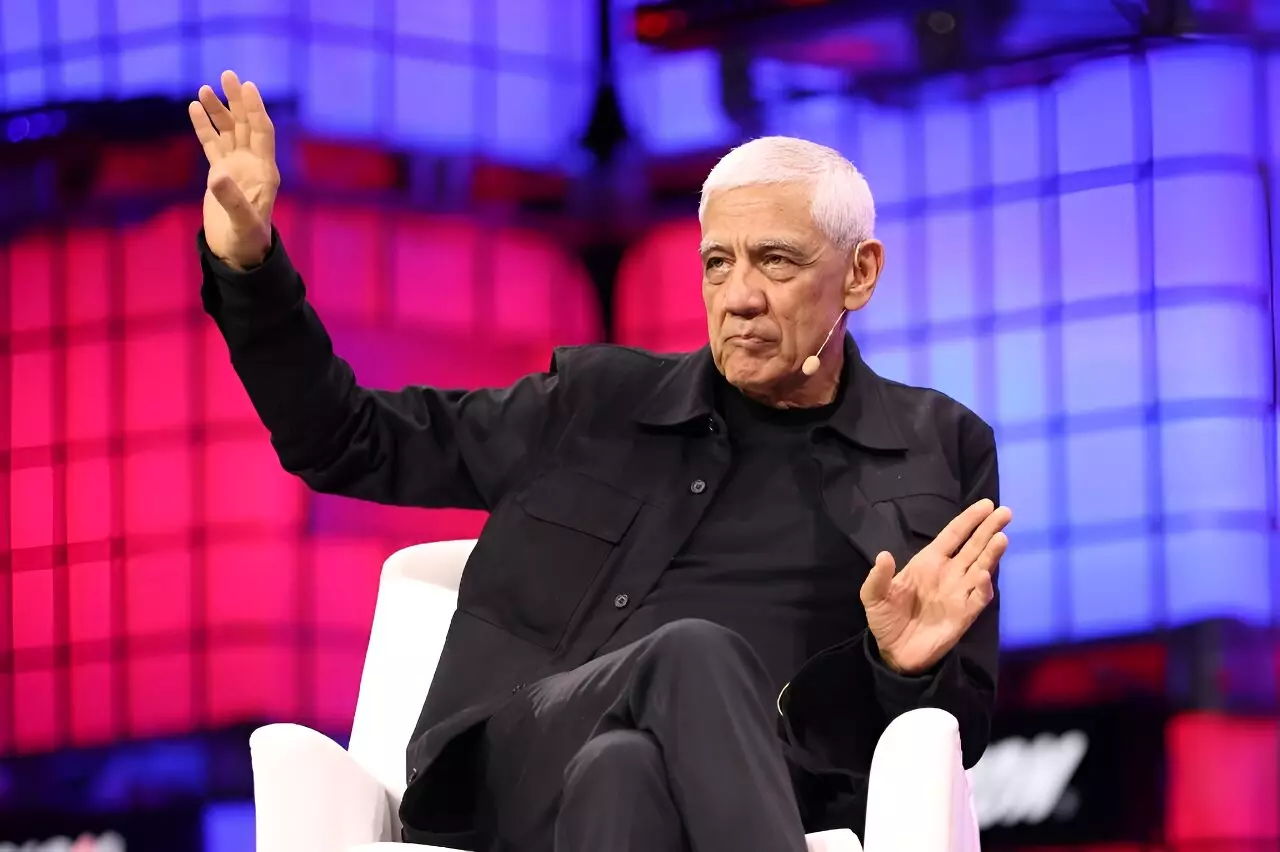In recent days, Nvidia has emerged as a dominant force in the world of technology, claiming the title of the biggest company globally. With a focus on AI chips, Nvidia has played a pivotal role in training generative AI’s large language models. This success has not only propelled Nvidia to the forefront of Big Tech but has also had a ripple effect across the sector, impacting companies like Oracle, Broadcom, HP, and others.
As the AI landscape continues to evolve, new entrants are faced with the daunting task of staking a claim in the artificial intelligence bonanza. While Nvidia’s success is commendable, questions loom about the potential for other companies to compete in this space. The dominance of existing model makers such as Microsoft-backed OpenAI, Google, and Anthropic raises concerns about whether there is room for newcomers to make a significant impact.
In a landscape saturated with tech giants and established players, startups seeking to gain traction in AI are being challenged to innovate without a clear roadmap for the future. The traditional approach of building applications that mimic existing models is being scrutinized by industry veterans like venture capitalist Vinod Khosla. Khosla warns against creating applications that merely provide a “thin wrapper” around AI capabilities, emphasizing the need for value-driven innovation.
Despite the competitive challenges in the AI space, there are emerging opportunities for companies willing to explore niche areas within the field. One such area is chip design, where the demand for specialized processors tailored to AI’s specific requirements is on the rise. Groq, a startup specializing in chips for AI deployment, has carved out a niche in this space by focusing on inference, an area that differs from Nvidia’s stronghold in AI training.
Another avenue for growth in AI lies in leveraging highly specialized data to provide expertise and know-how in specific domains. Companies like Cohere are tapping into this opportunity by offering tailored AI models to businesses that prioritize data security and control. Cohere’s CEO, Aidan Gomez, emphasizes the importance of building trust with enterprises skeptical of adopting AI technology, highlighting the need for reliability and security in AI solutions.
As the AI landscape continues to evolve, new entrants face a challenging yet promising future. The success of companies like Nvidia serves as a testament to the potential of AI technology, but the path ahead is fraught with competition and uncertainty. By embracing innovation, differentiation, and a focus on highly specialized domains, companies can position themselves for success in the dynamic world of artificial intelligence.


Leave a Reply